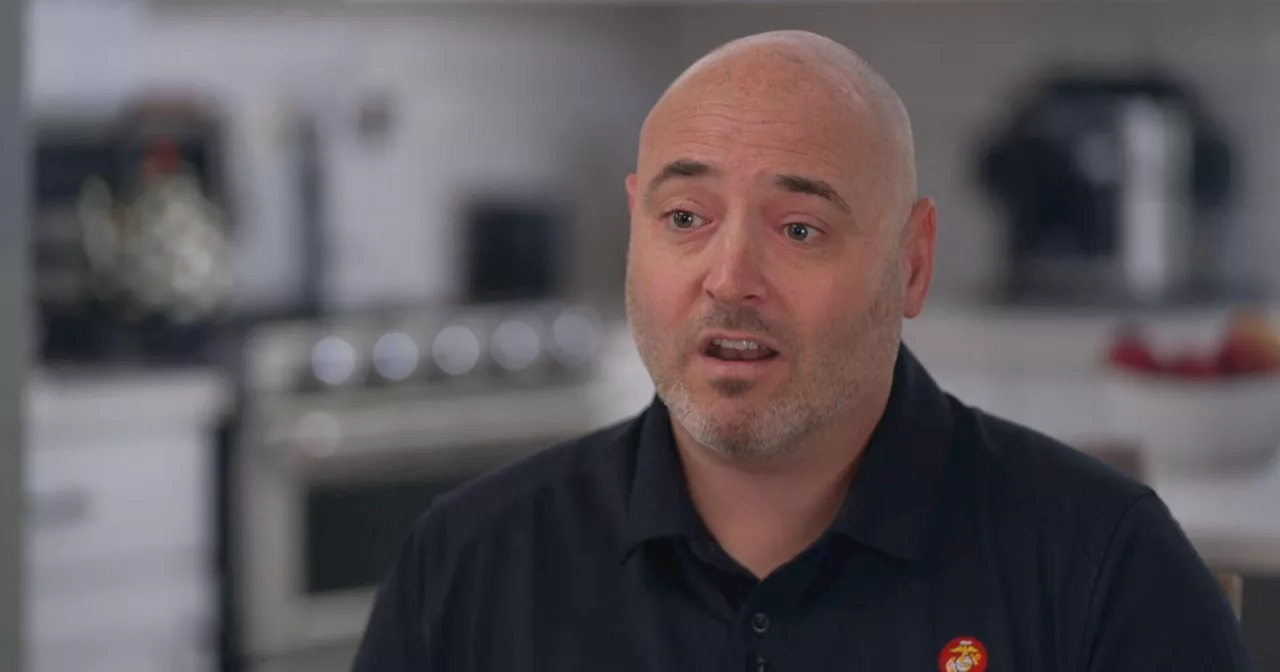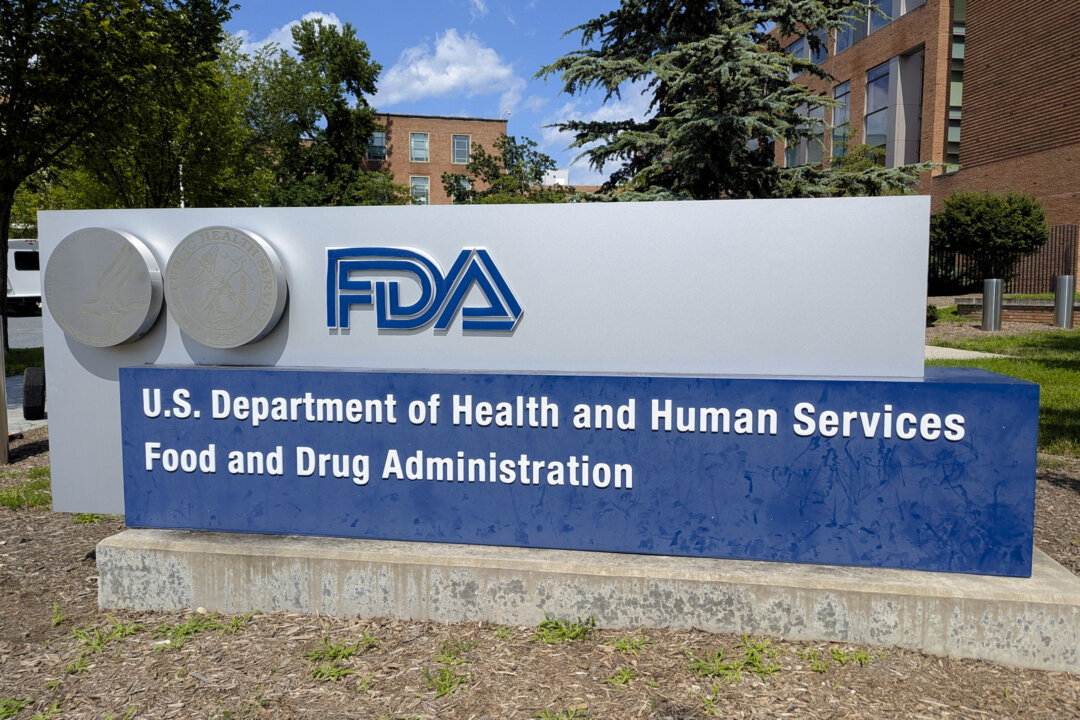Public health leaders gathered in Washington, D.C., this week to defend their vision for the future of health in America while addressing significant challenges posed by the rising Make America Healthy Again (MAHA) movement. This annual meeting, hosted by the American Public Health Association (APHA), marks the first time in over a decade that the event has taken place in the nation’s capital, providing a platform for over 11,000 public health professionals and researchers to discuss pressing issues facing the field.
Dr. Georges Benjamin, who has led the APHA for nearly 25 years, highlighted the unique nature of the current crisis affecting public health. He stated, “I think public health is under attack by our own federal government more than anything else.” Under the administration of Robert F. Kennedy Jr., who leads the MAHA initiative, significant cuts to public health funding and staffing have raised alarms. The movement seeks to challenge established norms within the health system, which Kennedy describes as “corrupt.”
MAHA advocates for a focus on chronic diseases, emphasizing individual medical choices rather than systemic public health solutions. Critics within public health assert that this approach lacks a foundation in the best available evidence. Traditional public health has consistently prioritized systemic solutions aimed at preventing both infectious and chronic diseases, a perspective that the APHA aims to uphold during this pivotal gathering.
The conference’s theme was encapsulated in a dynamic introduction video that declared the mission: “Defend the integrity of public health. Protect vaccinations and immunization systems. Expose and resist political interference. And above all, never let fear win.” Attendees engaged in various sessions addressing both urgent and foundational public health topics, including “Defending Science as a Higher National Value: A National Imperative” and “Attacks on Science and the Public’s Health: How We Are Fighting Back.” The meeting will culminate in a “Rally for the Public’s Health” on the National Mall on March 15, 2024.
In an interview, Dr. Benjamin elaborated on the implications of recent federal actions. He expressed concern not only over staffing reductions but also over the dismantling of health care financing and insurance structures. “They’re undermining the core systems that we have for people to get good, solid medical care in our country,” he stated. He also noted interruptions in the training pipeline for healthcare professionals, alongside changes in tariff policies that complicate the import of essential medical supplies and technologies.
Amidst these challenges, proponents of MAHA, including co-founder and co-president Mark Gorton, are advocating for reforms aimed at “cleaning up corruption in the health system and restoring the integrity of the public health and medical systems.” Gorton, a technology entrepreneur with no formal medical training, expressed skepticism about traditional public health measures, arguing that the government should not dictate personal health choices. He described the current health system as “a fear machine to market pharmaceutical products,” suggesting that public health has historically exaggerated health risks.
Public health leaders counter Gorton’s claims by emphasizing the foundational role of public health initiatives in extending life expectancy and reducing preventable diseases. Dr. Carmen Nevarez, a veteran public health leader and conference speaker, acknowledged the legitimacy of MAHA’s critiques, stating, “It comes out of people’s lived realities…circumstances where they felt that something was not addressed correctly.” She pointed out that high healthcare costs and the isolating effects of the COVID-19 pandemic have contributed to the appeal of the MAHA message.
During a panel discussion titled “Breaking the Mold: Bold Leaders Shaping the Future of Public Health,” Sarah Story, executive director of the Jefferson County Health Department in Colorado, noted the effectiveness of MAHA’s communication style. She remarked that MAHA influencers are more relatable and engaging than traditional public health messaging, appealing to parents concerned about corporate influence on health.
While public health and MAHA share overlapping goals, Dr. Benjamin emphasized a critical distinction: “Our approach is more evidence-based than theirs.” He acknowledged that public health sometimes necessitates restrictions on individual freedoms, particularly when public health is at risk. Nevarez illustrated this point with examples from her tenure as health officer for Berkeley, California, where interventions were necessary to protect community health.
As public health leaders rally to assert their vision for protecting American health, they remain open to dialogue with the MAHA movement. The ongoing discussions reflect a broader struggle for the future direction of public health in the United States, with both sides recognizing the need for reform and responsiveness to public concerns.







